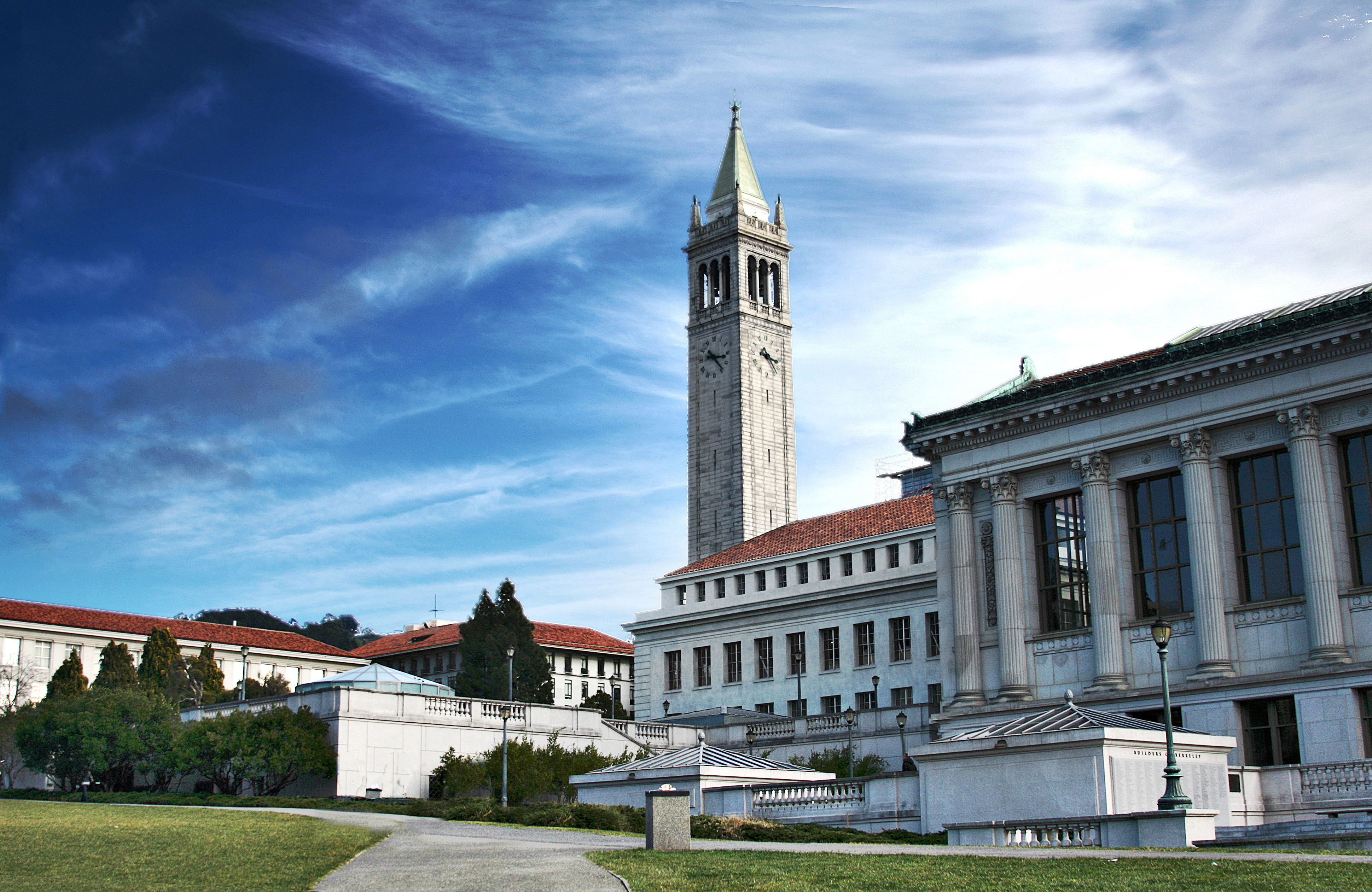 UC Berkeley’s Campus; Photo from Wikimedia Commons.
UC Berkeley’s Campus; Photo from Wikimedia Commons. Berkeley Law School Dean Erwin Chemerinsky told The New York Times that he believes the school is on “strong legal ground” regarding a recent legal complaint filed against them.
The complaint, which was filed by attorneys Gabriel Groisman and Arsen Ostrovsky, who heads the International Legal Forum on November 18, alleged that Berkeley Law had violated Title VI of the Civil Rights Act for failing to take action against several student groups who passed bylaws barring Zionist speakers from campus. The Department of Education’s Office of Civil Rights announced on December 13 that they would be investigating the matter.
The New York Times interviewed Chemerinsky in an article about the issue that was published on December 21. Chemerinsky, according to the Times, said that the complaints contain “the same flawed assumptions from previous attacks” and that “he was confident Berkeley was on ‘strong legal ground.’” Chemerinsky, himself a Jewish Zionist, also told the Times that while he views the bylaws as antisemitic, “a student group has the right to choose the speakers they invite on the basis of viewpoint. Jewish law students don’t have to invite a Holocaust denier. Black students don’t have to invite white supremacists. If the women’s law association is putting out a program on abortion rights, they can invite only those who believe in abortion rights.”
The Times article went onto state that Hillel bars anti-Zionist speakers to campus, though Hillel International President and CEO Adam Lehman argued to the Times that Hillel’s policy is not analogous to the student groups’ bylaws. The bylaws bar speakers who support the “Jewish right to self-determination,” whereas Hillel policy only bars speakers who do not believe in that Jewish right to self-determination. Those who are pro-Palestinian and believe in the Jewish right to self-determination are allowed at Hillel, Lehman told the Times.
Law Students for Justice in Palestine, one of the groups who passed the bylaws, told the Times that the bylaws aren’t antisemitic because they welcome anti-Zionist Jews to campus and that the bylaws were passed for “the welfare of Palestinian students.” Berkeley Law student Noah Cohen told the Times that the bylaws have caused Jewish students to feel “singled out and targeted.”
Ostrovsky tweeted out the article and wrote, “This is not about free speech, but discrimination!” He added: “Zionism is central to Jewish identity & we will not stand idly by as Jewish students are being excluded!” In a later tweet, Ostrovsky wrote that “we do not claim these groups ought [to] host Zionist speakers … Rather, what is happening is [a] wholesale exclusion of group of people based on their racial & national identity (Zionism) – which is prohibited under Title VI.”
This is not about free speech, but discrimination! Proud to be quoted in @nytimes with my colleague @GabeGroisman, on our claim vs. Berkeley Law.
Zionism is central to Jewish identity & we will not stand idly by as Jewish students are being excluded!https://t.co/GwVYmUsLe1 pic.twitter.com/sd07i3q571
— Arsen Ostrovsky (@Ostrov_A) December 21, 2022
It bears repeating, we do not claim these groups ought host Zionist speakers (that would be 1A violation). Rather, what is happening is wholesale exclusion of group of people based on their racial & national identity (Zionism) – which is prohibited under Title VI. @GabeGroisman https://t.co/32LUB9otW3
— Arsen Ostrovsky (@Ostrov_A) December 21, 2022























 More news and opinions than at a Shabbat dinner, right in your inbox.
More news and opinions than at a Shabbat dinner, right in your inbox.